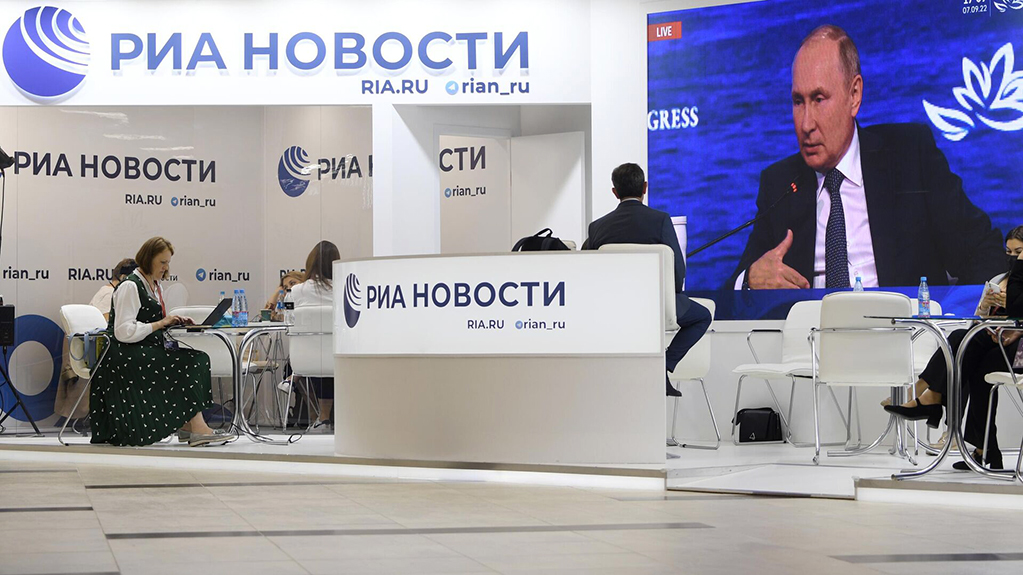Following the decision of the Council of the European Union, starting from June 25, four Russian media outlets that "distribute and support Russian propaganda" will be banned in the European Union. These outlets are Ria Novosti, Voice of Europe, Izvestia, and Rossiyskaya Gazeta. The official representative of the Russian Ministry of Foreign Affairs, Maria Zakharova, stated that Russia has retaliatory measures ready, which will be announced soon.
News
The Council of the European Union states that the mentioned media outlets are under the constant direct or indirect control of the leadership of the Russian Federation. They have played an important role in supporting Russia's aggressive war against Ukraine, as well as in destabilizing neighbouring countries.
“The Russian Federation has engaged in a systematic, international campaign of media manipulation and distortion of facts in order to enhance its strategy of destabilisation of its neighbouring countries and of the Union and its Member States,” the Council of the European Union believes.
However, the Council notes that, in accordance with the Charter of Fundamental Rights, the ban will not prevent these media outlets and their employees from conducting research and interviews in the EU.
At the end of March, Czech authorities announced that they had uncovered a pro-Russian network attempting to influence public opinion in Europe, including interfering in the European Parliament elections. The Prague-based Voice of Europe was named as part of this network, which is financed and controlled by the Russian government, as well as by pro-Russian Ukrainian politician Viktor Medvedchuk and his close associate Artem Marchevsky. The Czech Republic supported the inclusion of "Voice of Europe" in the EU sanctions list.
After Russia launched its war against Ukraine in February 2022, the European Union suspended the operations of the Kremlin's propaganda media outlets, Russia Today and Sputnik.















